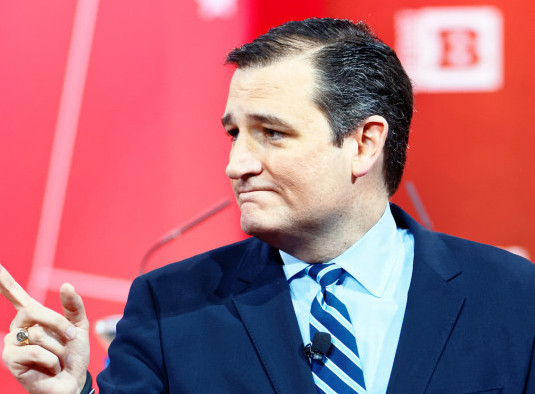After a chaotic, messy presidential primary four years ago, senior party strategists moved to take control of the nominating process, from the televised events that showcase their candidates to the actual contests that will award delegates beginning in February.
Now, that power grab has all but collapsed, victim to both a restive conservative base distrustful of authority in Washington and to the broad, deep field of candidates themselves, many of whom see an advantage in casting themselves as victimized outsiders fighting for fairness.
In the process, the conflicting interests of the three most significant stakeholders – party leaders, the candidates themselves and the media that covers both – are colliding, putting at risk a careful balance of power within the Republican party and media outlets.
The party’s interests, made clear in an autopsy report issued after Mitt Romney lost in 2012, are aimed at controlling an out-of-control nominating process, one that forced Romney far to the right and left him broke and battered. In pursuit of a shorter primary process, Republicans implemented new rules governing when states could hold their nominating contests, how delegates would be allocated in those states, and when candidates could appear together for debates.
The media’s interests, made clear in pointed questions designed to generate conflict on the debate stage, are aimed at creating an entertaining product. Though moderators at last week’s CNBC debate took heat for inciting fights among the contenders, they are hardly alone: In the first debate, Fox News moderators spent the first seven questions highlighting attacks one candidate made against another (The eighth question, to Wisconsin Gov. Scott Walker, focused on his opposition to abortion under any circumstances).
The candidates themselves face the most difficult set of competing interests: On one hand, it behooves them to assault the media, a popular punching bag among the voters whose support they seek. On the other, tough questions allow the strongest performers to stand out.
No one illustrates that conflict better than Sens. Ted Cruz (R-Texas) and Marco Rubio (R-Fla.), both of whom stood out on Wednesday’s debate stage.
Cruz scored the single biggest applause line of last week’s debate when he criticized the moderators. “This is not a cage match,” Cruz said. “How about talking about the substantive issues?” Cruz had been asked a question, poorly worded as it was, about the budget and debt ceiling compromise passed last week. His answer, a clever parry to the clumsy thrust, likely won him more fans than a more substantive answer about the underlying policy.
Rubio used a question about his attendance record in the Senate, and a subsequent shot from former Florida Gov. Jeb Bush (R), to deliver his own stinging indictment of the media – and of Bush, standing immediately to his right. In the aftermath, Rubio’s strong debate performance won him new donors and supporters, and spurred countless pundits to contemplate whether the end had come for Bush, clearly the weaker debater.
Cruz and Rubio, and others who trail in national polling, stand to gain much more from debates in mainstream media outlets than do the two candidates who currently lead the Republican field, real estate tycoon Donald Trump and retired neurosurgeon Ben Carson. Trump, whose poll numbers have sagged in recent weeks, has struggled to offer details of even his most basic policy proposals, while Carson on Wednesday could not defend his tax plan.
On Sunday, Republican campaigns issued a list of preliminary demands for changes to debate formats, after a meeting at a hotel in northern Virginia. The campaigns themselves clearly have an upper hand in challenging the Republican National Committee’s control over the process.
But some candidates may want to reconsider whether they want to use their leverage against the media sponsors with whom they will now negotiate. Sparring with a punching bag can be a lot more productive than actually winning the fight.

